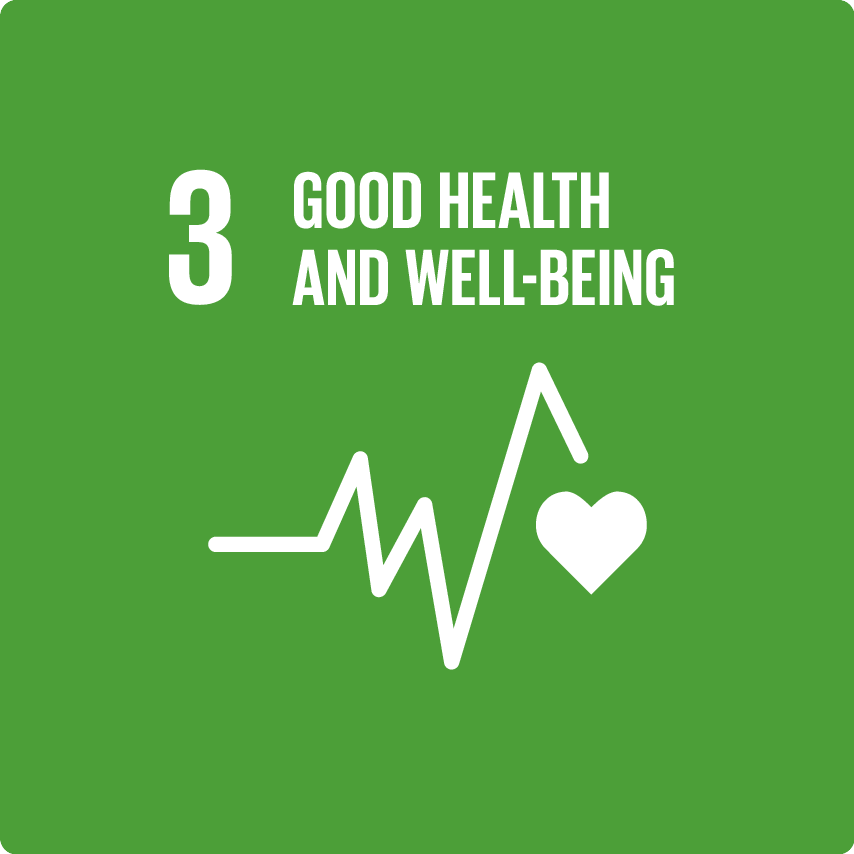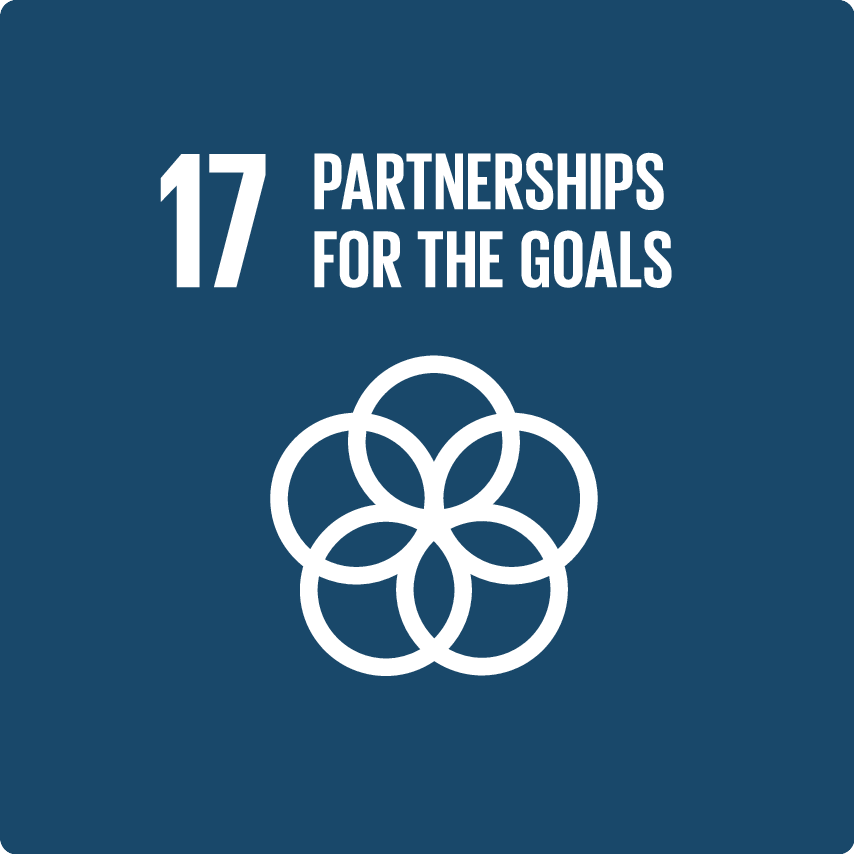Building capacity of healthcare providers to address the challenges of cardiometabolic syndrome in India
Cardiometabolic syndrome is a significant public health concern in India, where the prevalence of NCDs is increasing rapidly. The proposed intervention will build capacity of 1500 medical officers on cardiometabolic syndrome and associated diseases through a structured curriculum using the ECHO model in six states of India.
SEE ALL PARTNER ORGANIZATIONS
Objectives
Objectives
Capacity strengthening of 1,500 Medical officers across six states of the country to ensure access to quality care in the intervention states on Cardiometabolic Syndrome using the ECHO Model. The proposed intervention will be initially implemented in six states where the prevalence of NCDs is highest in the country.
The ECHO model has four key components:
• Sharing clinical and health system best practices to reduce disparities in care
• Using case-based learning (i.e., virtual grand rounds) and peer discussion to help participants master complex conditions over time
• Using technology like multi-point videoconferencing to spread expert knowledge to medical and lay providers
• Monitoring and evaluating outcomes
Cardiometabolic syndrome in India can be described as ‘the upcoming tsunami’ as it is a major factor associated with the rising burden of non-communicable disease (NCD). India is experiencing a rapid health transition with a rising burden of NCDs surpassing the burden of communicable diseases like water-borne or vector-borne diseases, TB, HIV, etc.
The prevalence of cardiometabolic syndrome (CMS) in India is high, with an estimated 30% of the adult population affected. There are several factors contributing to the high prevalence of CMS including genetic factors, sedentary lifestyle, and unhealthy dietary habits. CMS is most common among the old age population (50-59 years) with 50% in comparison to young population (18-29 years) with 13% prevalence. Almost one in three adults suffer from CMS with female, people living in the urban areas and in north-eastern region have higher prevalence of CMS.
ECHO India offers a solution to bridge the access and delivery gap in the field of CMS by building capacities and empowering medical officers with the knowledge, mentorship, and support they need to treat CMS. The ECHO model uses a “hub and spoke” structure in which multidisciplinary teams of experts based at a regional academic medical center (the “hub”) use videoconferencing technology to engage with local healthcare workforces (the “spokes”) for ongoing tele-mentoring. Given the scale of the training program, the ECHO platform provides an answer to the pressing need for using technology to bridge the learning divide without compromising the tenets of effective training.
Geographic Reach
- South-East Asia
Disease Area
- Non-communicable diseases
Partner organizations
Geographic Reach
South-East Asia
- India
Disease Area
Non-communicable diseases
- Cardiovascular diseases
- Hyperlipidaemia
- Hypertension
- Stroke
- Other cardiovascular diseases
- Diabetes
- Type 2
- Endocrine and metabolic disorders
- Obesity
- General Noncommunicable Disease Care (Health System)

